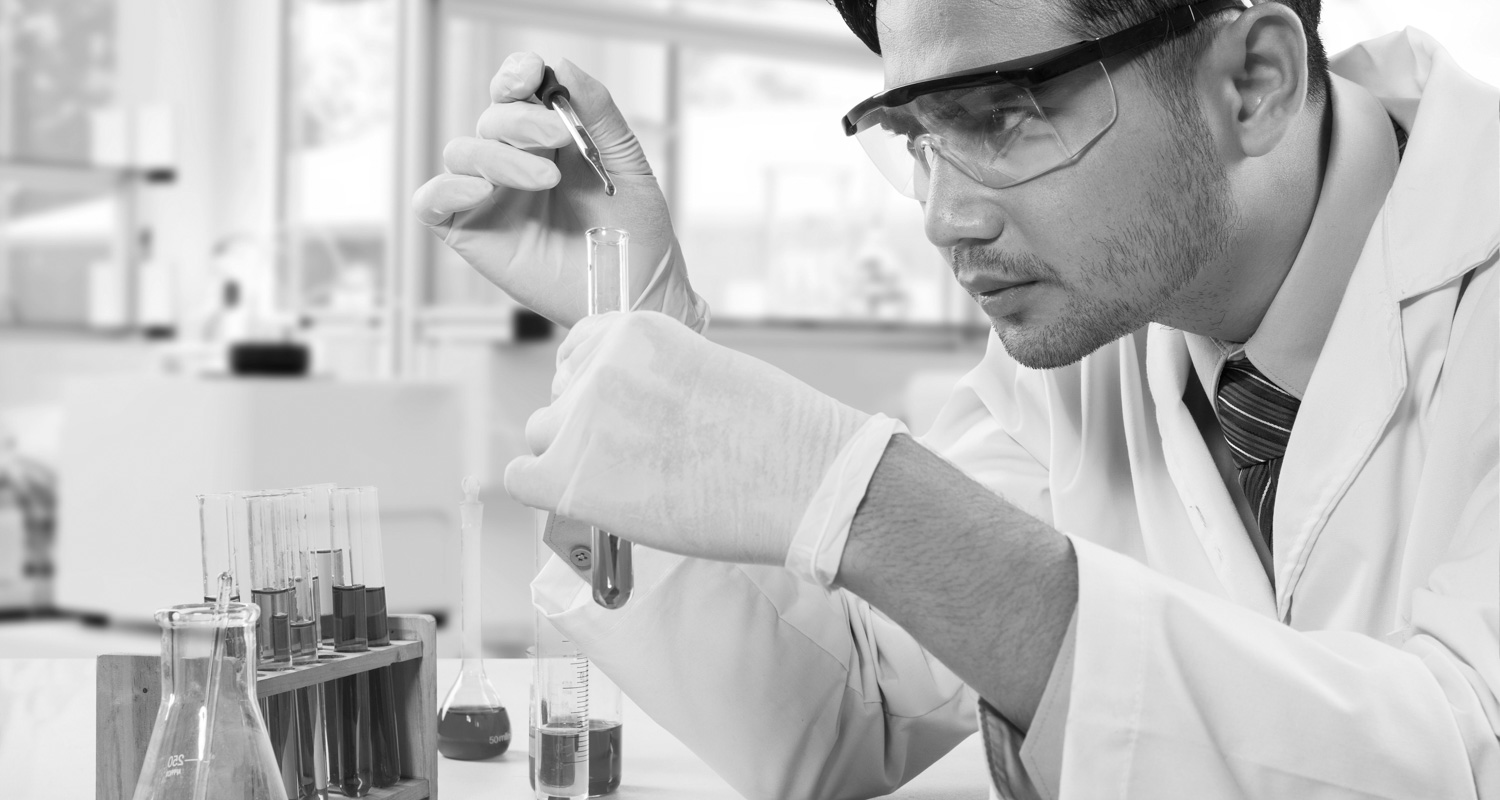HEPA (High Efficiency Particulate Air) filter change is a sensitive subject in any facility. The manipulation of replacing a HEPA filter is actually not very difficult in itself, but enhances several issues:
- Personnel integrity: the manipulation is a cross-contamination risk, and requires handling precautions, as well as training on biological agent handling.
- Any impact on the filter or the frame will jeopardize the filter integrity,
- as well as would a poor positioning or contact with the seal.
Furthermore, why only biosafety cabinets would require a DOP testing, and consider it only as an option for workstation and IVC systems when the exposure is real and total. A DOP (Dispersed Oil Particulate) test will ensure the HEPA filter’s integrity and that the handling has been carried out correctly.
The DOP test measures the filtration efficiency of particles larger than 0.3 micron and is therefore essential to ensure the efficiency and absolute safety of the filter. DOP testing is critically important to ensure that animals and staff are being properly maintained protected. Testing certifies that the filter fulfills its function, therefore that the animals in the rack are protected and isolated from the macro-environment, as well as protecting staff from Allergen exposure, and in some cases, pathogens used in testing.
Also, it is important to remember that HEPA DOP testing is not the only factor for ensuring proper functionality of your blower or IVC. DOP testing does not verify airflow or pressure, ensure that the cages are at the proper ACH/polarity, or ensure that the rack plenums and seals are in good condition. Annual preventative maintenance that includes HEPA DOP testing is highly recommended.

